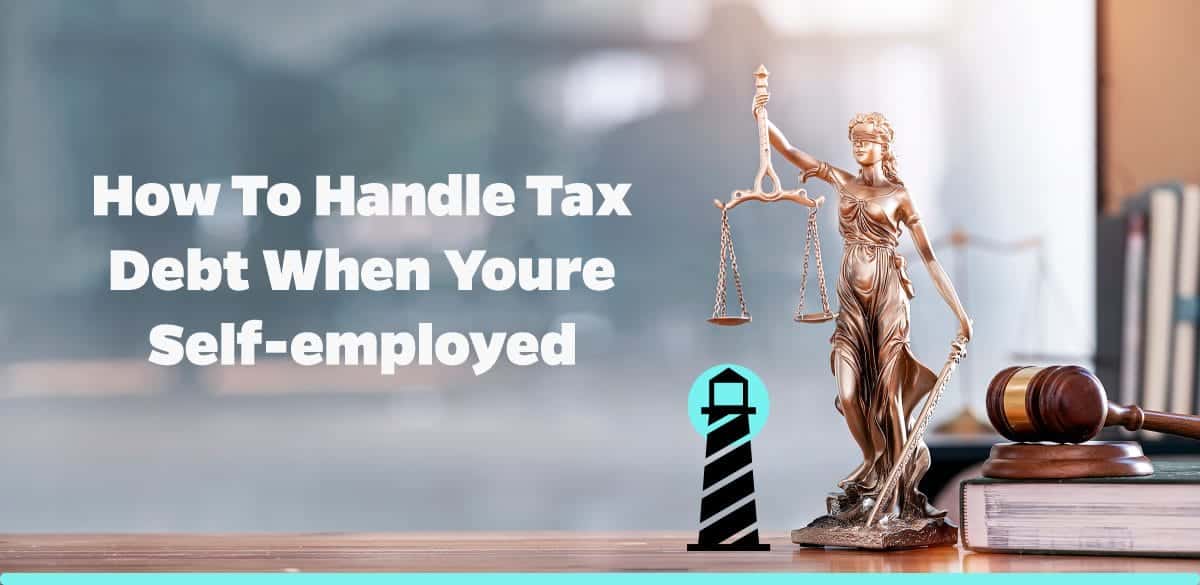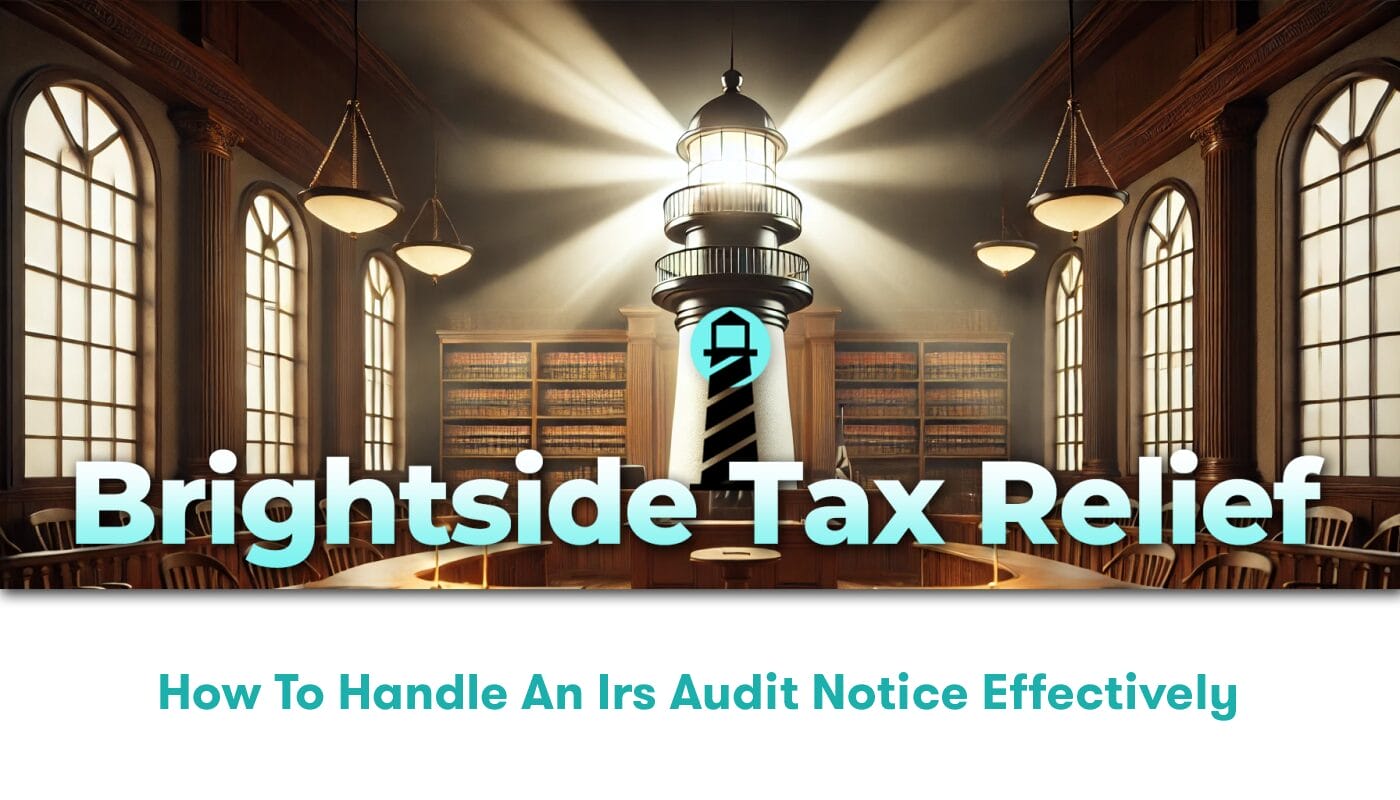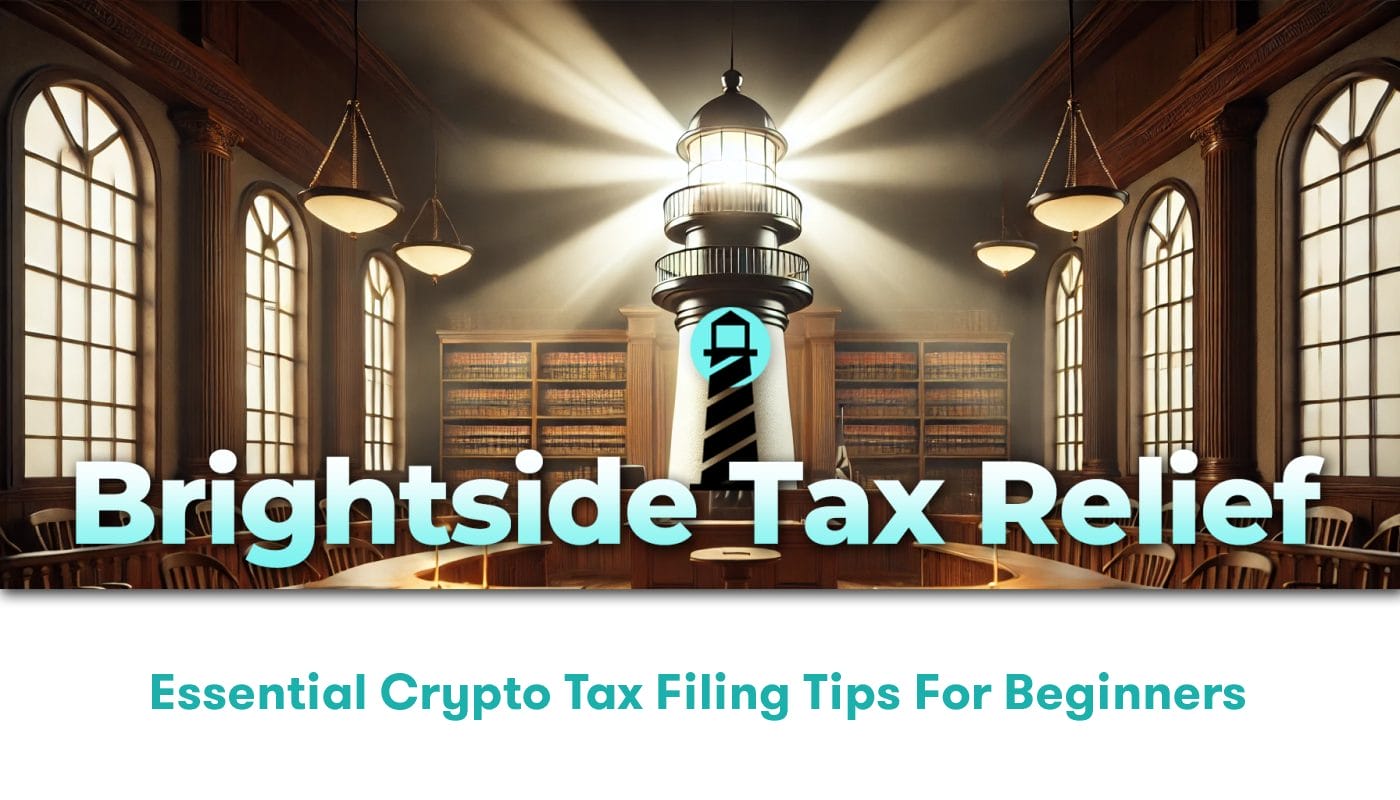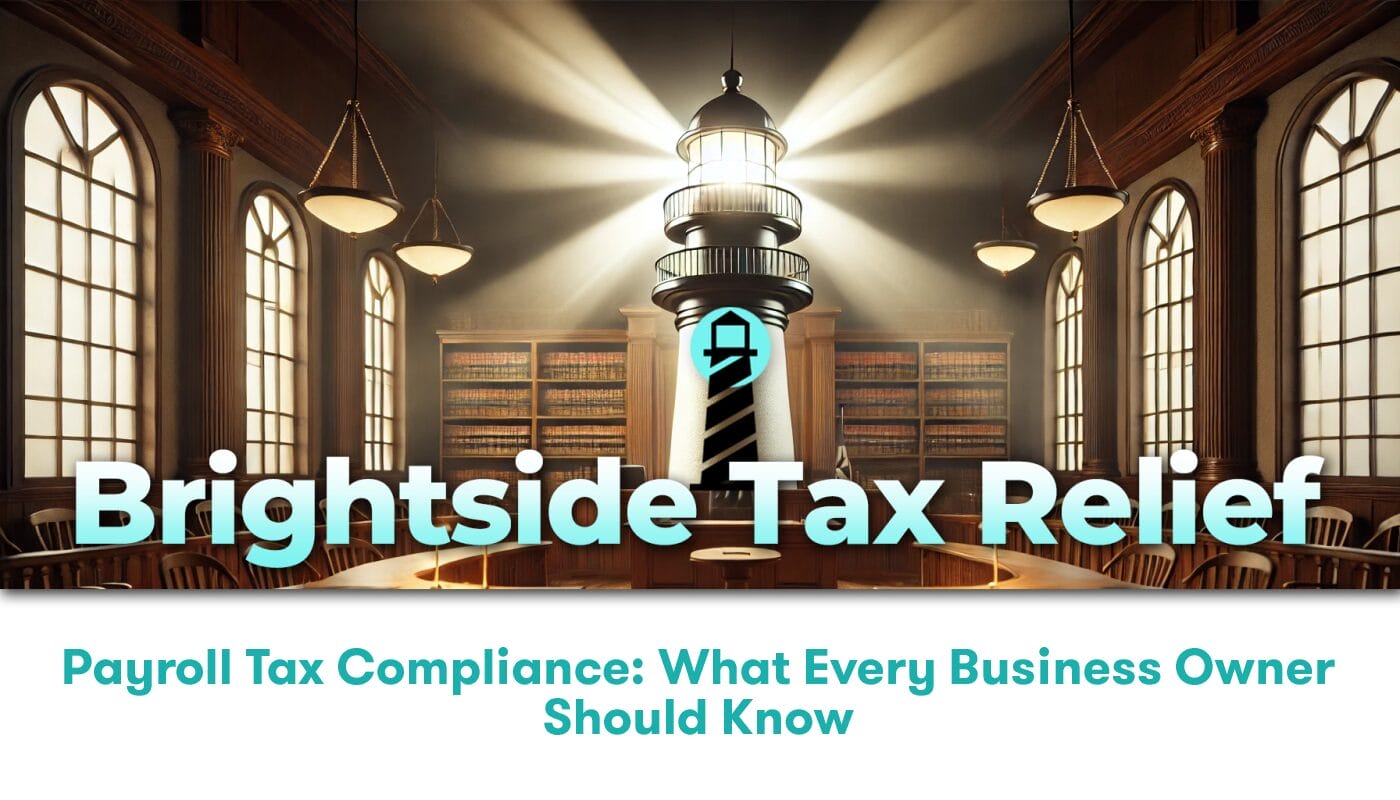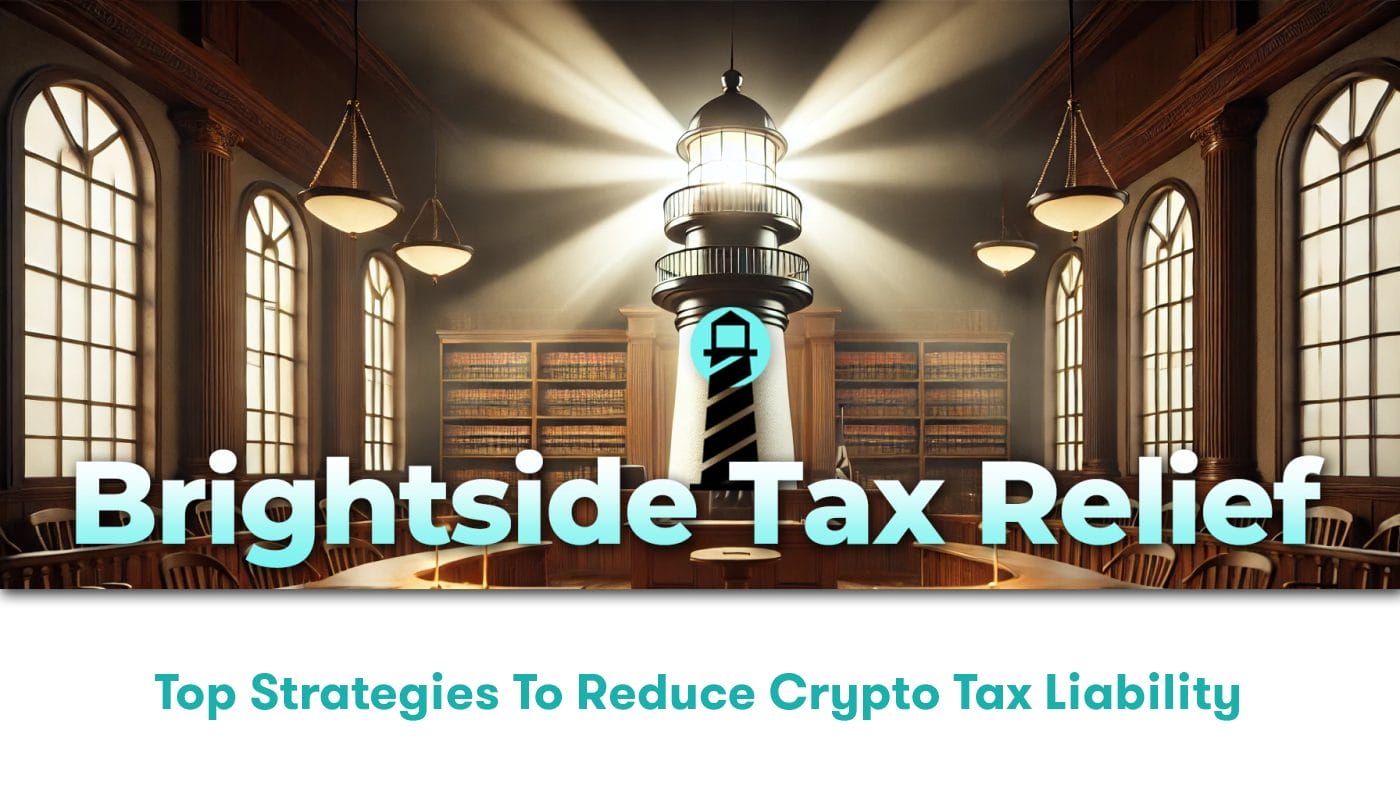Understanding Self-Employed Tax Debts
Being self-employed comes with its unique package of perks and challenges. Freedom, flexibility, and control over your time and business decisions are definite wins. However, the territory of self-employment also marks the start of individual responsibility for your tax liabilities. Brightside Tax Relief wishes to help you navigate through the oftentimes murky waters of Self-Employed Tax Debt.
The financial aspect of self-employment can be extremely overwhelming, especially when it comes to paying taxes. Owing tax debt as someone who is self-employed can be an uncomfortable situation. This dynamic calls for a nuanced and strategic approach to manage these obligations efficiently and responsibly.
Why Tax Debt Occurs in Self-Employment
The initial phase of self-employment is usually filled with excitement and grand visions for the future of the business. The ins-and-outs of tax compliance, though crucial, often fall by the wayside. Business expenses, coupled with inconsistent income, can often result in tax debt that seems to snowball, methodically increasing with each passing season.
There are multiple reasons why a self-employed individual might stumble into tax debt. Some of the most common include:
• Lack of Consistent Income: Self-employed individuals often experience fluctuations in their income which can make it challenging to put enough money aside for taxes.
• Neglecting Quarterly Estimates: Unlike traditional employees whose employers withhold taxes from each paycheck, self-employed individuals are responsible for making estimated tax payments each quarter.
• Overlooking Self-Employment Taxes: Self-employed individuals are responsible for paying both the employer and employee portions of Medicare and Social Security taxes, which can be a hefty addition to their tax debt.
Consequences of Having Self-Employed Tax Debt
Despite the temptation to put dealing with tax debt on the back burner, the consequences can be severe and long-reaching. The IRS will initially start by sending notices and demands for payment. Ignored requests can ultimately lead to more forceful efforts like tax liens, levies, wage garnishment, and in some extreme cases, criminal charges.
Dealing with Self-employed Tax Debt
As dire as these situations may sound, they are not unsurpassable. Brightside Tax Relief believes that with a targeted strategy and compliance with the IRS, overcoming the challenge of self-employed tax debt is achievable.
• Be Proactive: The first step in managing any tax debt is to accept that it exists and needs attention. Engaging with the process of clearing your tax debt at the earliest can prevent penalties and interest from piling up, reduce stress, and provide a path towards financial freedom.
• Communicate: Maintain open lines of communication with the IRS. This can show your willingness to clear your dues and could result in leniency regarding penalties.
• Reach Out for Help: Engage with professionals familiar with tax laws like Brightside Tax Relief to reduce your overall tax liability and secure a payment plan that suits your current financial situation.
Settling Tax Debt with the IRS
Various IRS programs can help you manage your self-employed tax debt. Options like an Installment Agreement, Offer in Compromise, or obtaining Currently Non-Collectible Status can help you cover your debt without turning your financial world upside down.
Brightside Tax Relief emphasizes the importance of choosing the most suitable program specific to your situation. More detailed information about these IRS programs can be found on the IRS website [(here)](https://www.irs.gov/site-index-search?search=Self-Employed%20Tax%20Debt).
Self-Employed Tax Debt: The Road to Recovery
Dealing with self-employed tax debt may feel like an uphill battle, but remember that you are not alone. There is a broad spectrum of professionals available who can provide guidance. Allowing Brightside Tax Relief to assist you in navigating this path is an opportunity to turn your financial landscape around to see the bright side of taxation.
By dealing with your tax debt head-on, being proactive about your financial planning, and using resources and strategies wisely, self-employed individuals can find a way to turn their situation around and gain confidence in both their personal and professional financial spheres.

